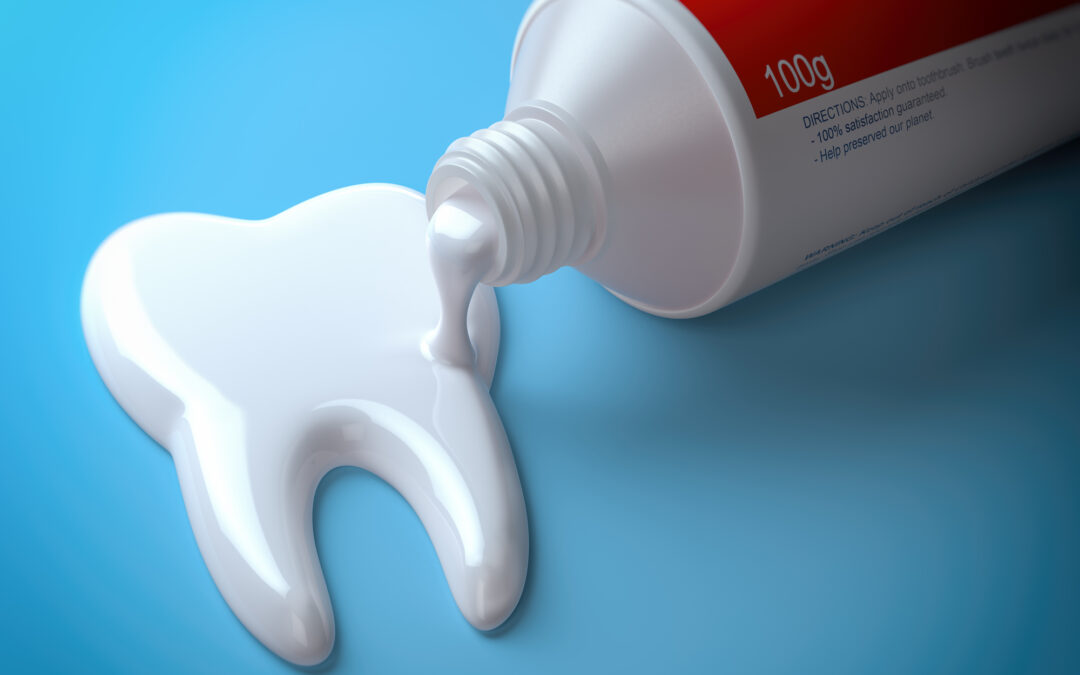In the realm of oral health, fluoride stands as a steadfast defender, shielding teeth against decay and cavities. Indeed, exploring the scientific foundations of fluoride’s efficacy reveals a fascinating world of molecular interactions and protective mechanisms. Our Naperville dentist is here to explain exactly how this naturally-occurring mineral works to protect and fortify our smiles.
Do you have a question about your smile? Do you want to learn more about which treatments and oral hygiene products are best for you? Get the information you need with our Naperville dentist, Thomas F. Brown, DDS. Our dental team located in Naperville, IL, can help you choose solutions that enhance your smile without draining your wallet. Get started today by dialing (630) 369-3120.
In today’s blog post, our Naperville dentist explores the scientific reasons why fluoride is good for teeth. By exploring this mineral’s smile-enhancing qualities, we hope to dispel myths and boost awareness, providing you with the information you need.
The Power of Remineralization
At fluoride’s core lies its ability to promote remineralization, the process by which minerals (like calcium and phosphate) are deposited back into weakened enamel. The act of remineralization helps fortify the tooth’s structure.
Strengthening the tooth’s structure is key to effectively reversing the early stages of tooth decay (which is another term for cavities). That’s why our Naperville dentist offers safe and effective fluoride treatments for patients interested in building up their smiles.
Fluorapatite Formation
There is some interesting chemistry between fluoride and hydroxyapatite (which is the primary mineral in dental enamel). When the two minerals meet, they form a new phosphate mineral known as fluorapatite. This compound boosts enamel resistance to acid dissolution, strengthening it and reducing susceptibility to decay caused by bacterial acids.
Antibacterial Properties
In addition to remineralization, fluoride exhibits antibacterial properties, disrupting the metabolic activity of cavity-causing bacteria (like Streptococcus mutans, the primary bacteria responsible for dental decay).
By inhibiting enzyme activity, fluoride curbs bacteria’s ability to produce harmful acids, further protecting teeth from decay.
Synergy with Saliva and Dental Products
Fluoride synergizes (a fancy way to say ‘combines’) with other ions in saliva and dental products, forming a mineral-rich shield on tooth surfaces. This barrier barricades against acid attacks, preventing cavity progression and promoting overall oral health.
Community Water Fluoridation
Community water fluoridation is a significant public health achievement, delivering fluoride to entire populations regardless of age or socioeconomic status. Optimally adjusting fluoride levels in drinking water reduces tooth decay prevalence and promotes oral health equity.
Balancing Benefits and Risks
While fluoride offers substantial benefits, moderation is key. Excessive fluoride intake during tooth development can lead to dental fluorosis. Therefore, tailored fluoride exposure based on age and risk factors is essential for maintaining oral health. Ask our Naperville dentist for a fluoride routine that minimizes overexposure.
Have a question? Ask our Naperville dentist!
Fluoride emerges as a guardian of oral health, leveraging its molecular prowess to fortify enamel, combat bacteria, and foster community-wide resilience against tooth decay. By understanding fluoride’s mechanisms, we can harness its powers to safeguard smiles for generations.
Do you have some questions that you’d like answered by a top-rated Naperville dentist? Contact Thomas F. Brown, DDS, today. You can reach us online or at (630) 369-3120 for appointments, information, and more!

